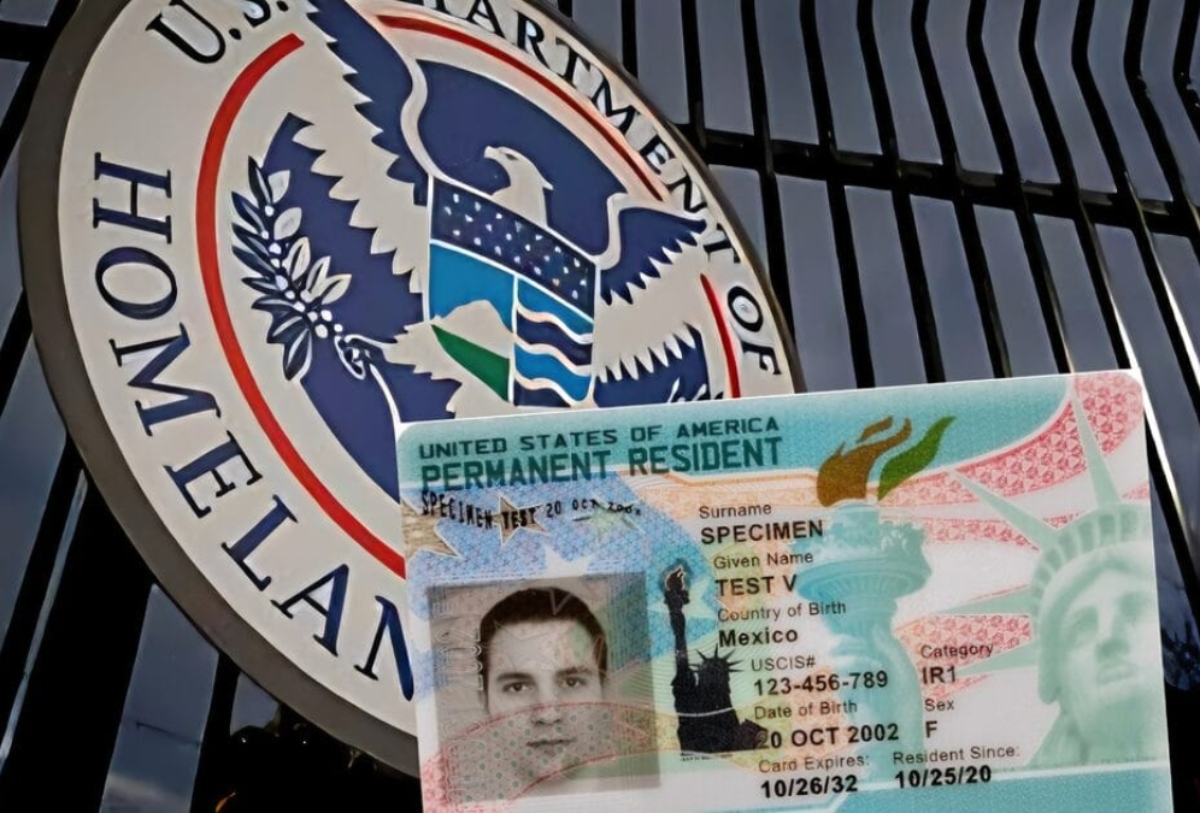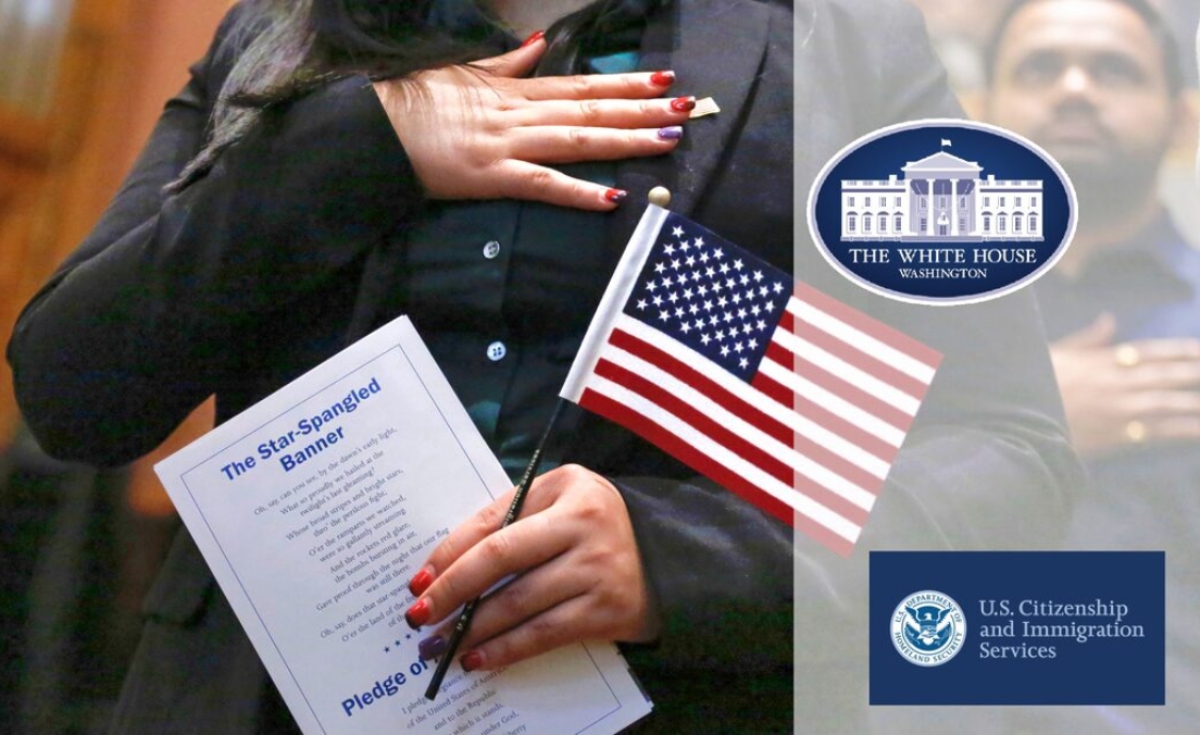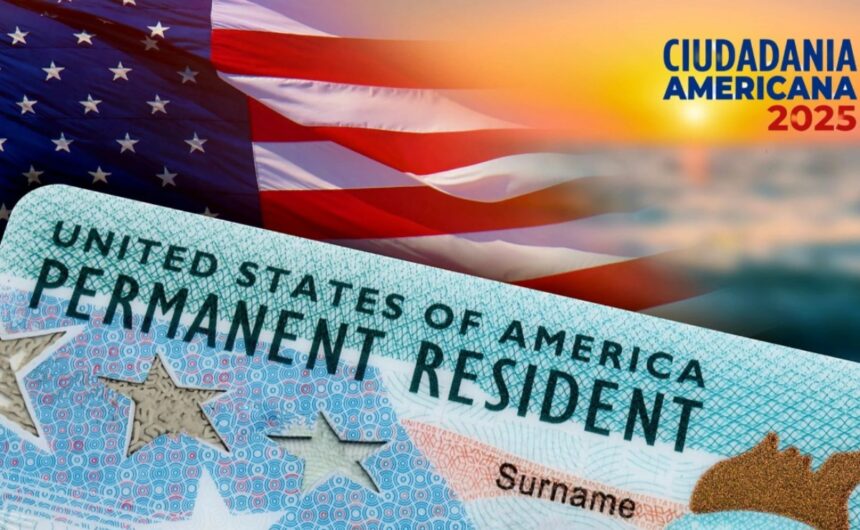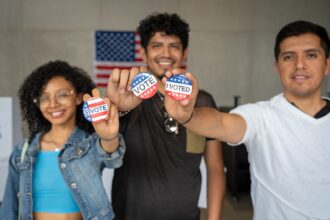The Green Card is one of the most requested documents by immigrants who wish to settle in the United States. Officially known as Permanent Resident Card, this document allows to live and work legally in the country, besides being a fundamental step for those who aspire to obtain U.S. citizenship.
Although many people only know it as a “Green Card,” there are actually different categories for obtaining a Green Card, depending on personal situation and eligibility pathways. According to the U.S. Citizenship and Immigration Services (USCIS), there are currently eight types of Green Cards.
Through the family

One of the most common ways to obtain a Green Card is through family reunification.
The U.S. government considers it a priority to keep families together, so it offers different categories:
Immediate relatives of a U.S. citizen: spouses, unmarried children under the age of 21, and parents of citizens who are at least 21 years old.
Other family members of U.S. citizens or permanent residents, according to preference categories.
Fiancé(e)s of U.S. citizens and their children.
Widow(er) of U.S. citizens.
Individuals who self-petition under the Violence Against Women Act (VAWA), including spouses, children and parents who are victims of abuse by citizens or permanent residents.
This type of Green Card is the most requested due to the large number of immigrant families already residing legally in the country and seeking to reunite with their loved ones.
Green Card through employment

Another important avenue is Buzzy related to labor. The United States recognizes the need to attract talent and, at the same time, encourage foreign investment. This category includes:
First, second and third preference immigrant workers, according to skill level, education and experience.
Physicians under national interest waiver who are willing to work in underserved areas for a specified period of time.
Immigrant investors who invest at least $1,050,000 (or $800,000 in designated areas) in a business that generates jobs for at least ten skilled workers.
With this Green Card, beneficiaries can establish their professional career and contribute to the economic development of the country.
As a special immigrant
This category includes more specific cases, including:
Religious workers.
Special immigrant children, usually children who have been victims of abuse, abandonment or neglect.
Nationals of Afghanistan and Iraq who collaborated with the U.S. government.
International speakers.
Employees of international or NATO-6 organizations and their family members.
This type of Green Card reflects the humanitarian and diplomatic commitments of the United States by providing protection and residency to individuals who have had close ties with official institutions or who require special protection.
Green Card for humanitarian status and other categories
There are also Green Card modalities for those who receive protection in the United States:
Persons with refugee or asylum status, who may apply after one year of stay in the country under those conditions.
Victims of human trafficking or certain crimes, who have humanitarian visas (T or U) and can adjust their status.
Victims of abuse who qualify under special programs such as VAWA, the Cuban Adjustment Act or the Haitian Refugee Immigrant Fairness Act.
In addition, there are other less common categories such as the Diversity Visa Program, the status for Native Americans born in Canada or persons who have resided in the country since before 1972, who may apply for registration as permanent residents.
What is involved in obtaining this document
While the Green Card offers multiple benefits, such as the right to work legally and the ability to travel outside the country, it also comes with obligations.
Permanent residents must:
Comply with all federal, state and local laws.
File and pay taxes at the federal, state and local levels.
Report any change of address to USCIS within 10 days.
Not commit crimes that may jeopardize their immigration status.
Finally, while having a Green Card is an important step, it does not automatically equal U.S. citizenship.
However, after meeting certain residency and good moral character requirements, the holder may apply for naturalization and become a full U.S. citizen.
This article was originally published in Nueva News.






















